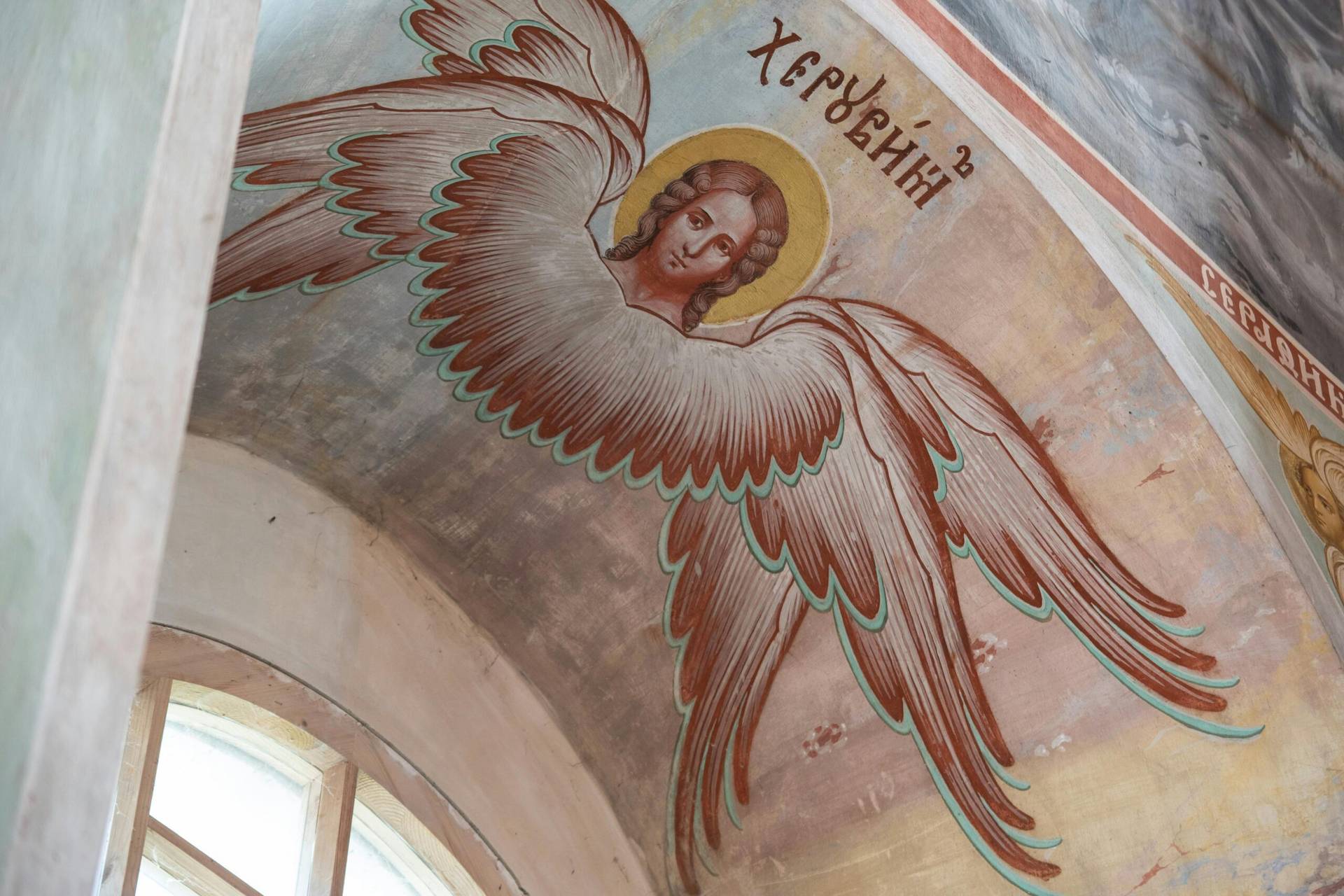We learned yet another astonishing thing about dolphins this week.
We already knew they pass mirror tests which prove their self-awareness. We knew that they call each other by name. We knew that they sometimes carry their dead calves on their backs in what appears to be a mourning ritual. And we knew dolphins have protected stranded humans for many centuries—even fighting off sharks to do so.
But now a new study reveals that dolphins’ communication has “all the design features present in the human spoken language.” Exchanges between two dolphins mirrored a conversation between two humans, with the fundamental difference being “the acoustic signals of their spoken language.”
Many animal-protection activists consider this yet another non-human animal whom we should acknowledge in the community of fellow persons. Groups like the Non-Human Rights Project, for instance, are working to change the common law’s view of such animals from legal things to legal persons. Something close to this has actually happened in several legal jurisdictions, like Spain and Argentina.
Think this is theologically crazy? Think again.
While some thinkers favor ‘human exceptionalism’ when it comes to personhood, there is little warrant in the Catholic theological and philosophical tradition for this position. Being a person means being a “substance of a rational nature” with the capacity to know and love God.
This has nothing to do with biological species.
Indeed, lots of non-humans are considered to be persons in the tradition. Angels, for instance, are substances of a rational nature which Sacred Scripture claims are higher than human persons. Demons likewise are non-human persons. Genesis also speaks of the Nephilim, giants who were the offspring of the “sons of God” and “daughters of men.”
There is even a substantial-but-largely-unknown tradition of thinking about non-human persons on other worlds. In fact, the Vatican has held conferences on astrobiology, and multiple Catholic leaders (including Pope Francis and Brother Guy Consolmango) have said that they would have no problem baptizing an alien.
So, no, Catholics are not biological speciesists. We acknowledge personhood wherever we find it—and therefore, at least in principle, some non-human animals on earth could be persons.
But in asking the question about dolphins we go from abstract principle to specific example. Do dolphins count as persons right here and right now?
It is difficult to say. We obviously don’t know what it is like to be a dolphin. Plus, most of us have a speciesist approach which tends to assume other animals must do it our way or they must not be doing it.
But we know they are self-aware, understand and mourn death, and exhibit sophisticated language which acknowledges the self-awareness of others. Is this enough to be considered a “substance of a rational nature?”
Well, it depends what one means by “rational.”
The Catholic tradition never understood rationality to mean “really smart” in a secular Enlightenment sense of the word. While quite sophisticated and intelligent, what we’ve learned about dolphins to this point doesn’t show evidence of the explicit capacity to “know and love God,” which has been how the broad Catholic tradition has thought about the threshold for personhood.
But is explicit acknowledgment necessary to know and love God? Not in Catholic theology. The Catechism of the Catholic Church makes it clear that atheists can be saved by knowing and loving God as presented by “the dictates of their conscience.”
Could animals come to know God this way as well? The answer, at least based on the information we have right now, is “probably not.”
There is some evidence for the claim that some animals understand concepts like “fair play” and give members of the group consequences for not playing by the rules. But this is not in the same moral category of human consciences, which are far more sophisticated.
But I say this with two caveats. First, we are still learning about these animals. We don’t know what it’s like to be them, and may never know. Second, many animals are so sophisticated—so far from being mere “things”—that it means a radical rethinking of how we treat them.
We don’t need to give animals the title of “person” to reform our eating and research practices. Quite apart from this moral title, the dignity and beauty of the creatures God has entrusted to our care should be enough to move us to action.
Charles C. Camosy is Associate Professor of Theological and Social Ethics at Fordham University and author of For Love of Animals: Christian Ethics, Consistent Action.

















